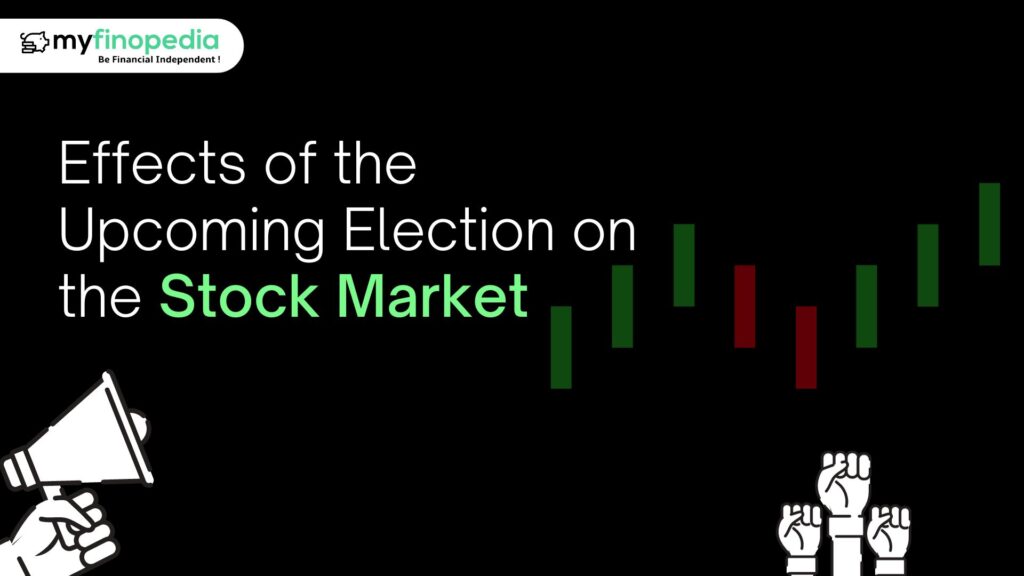General elections in India have an impact that goes beyond politics. It has a big impact on the stock markets and economy of India. We shall examine the connection between the Indian stock market and general elections in this essay. It will assist you in making plans for the upcoming months. During election seasons, the Indian stock market frequently serves as a gauge of both political mood and economic stability. Investors keep a careful eye on election events because the results may have a big impact on the dynamics of the market. The Indian stock market and general elections are related in the following ways:
Market Volatility During Elections: Uncertainty introduced by elections frequently causes a spike in market volatility. Investors may respond to changes in legislation, the political environment, or the possible effects on different industries. Markets may fluctuate when candidates present differing economic plans, with different sectors reacting in different ways depending on who they believe to be winners or losers.
Market Trends and Long-Term Economic Policies: The economic policies implemented by the elected officials will determine the long-term impact on the market. Pro-business policies being put into effect or regulations being changed may have an impact on investor confidence and long-term market patterns. Long-term stock market trends can be shaped by investors’ reallocation of assets in response to changes in government expenditure, tax laws, and economic growth projections.
Market Reactions in the Short Term: Election outcomes may cause market reactions in the short term. Bullish trends may arise from favourable outcomes, such business-friendly policies, but short-lived sell-offs may be caused by uncertainty or unanticipated outcomes. Traders frequently make quick changes to their portfolios in an effort to best position themselves in response to preliminary evaluations of political developments.
Global Market Connections: The results of an election in one nation may have repercussions for markets around the world. Foreign investors keep a close eye on elections and modify their holdings in their portfolios in anticipation of potential effects on global economic dynamics from political shifts. The interrelated nature of markets worldwide is facilitated by trade policies, diplomatic ties, and geopolitical stability. This increases the impact of elections beyond national boundaries and complicates the relationship between political developments and changes in the stock market.
Sector-Specific Effects: Depending on the candidates’ positions on policy, elections may have distinct effects on various industries. For instance, talks about healthcare reform may have an impact on equities in the healthcare industry, while candidates’ stances on climate change may have an impact on the renewable energy sector. Investors frequently examine political platforms to determine which industries stand to gain or suffer under certain administrations, which can cause changes in the stock market according on the performance of particular industries.






